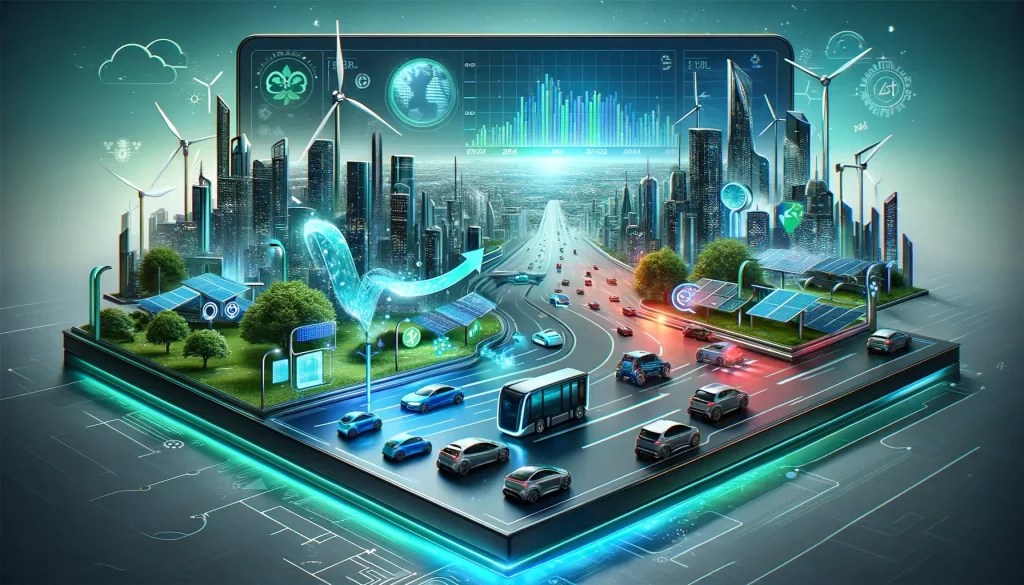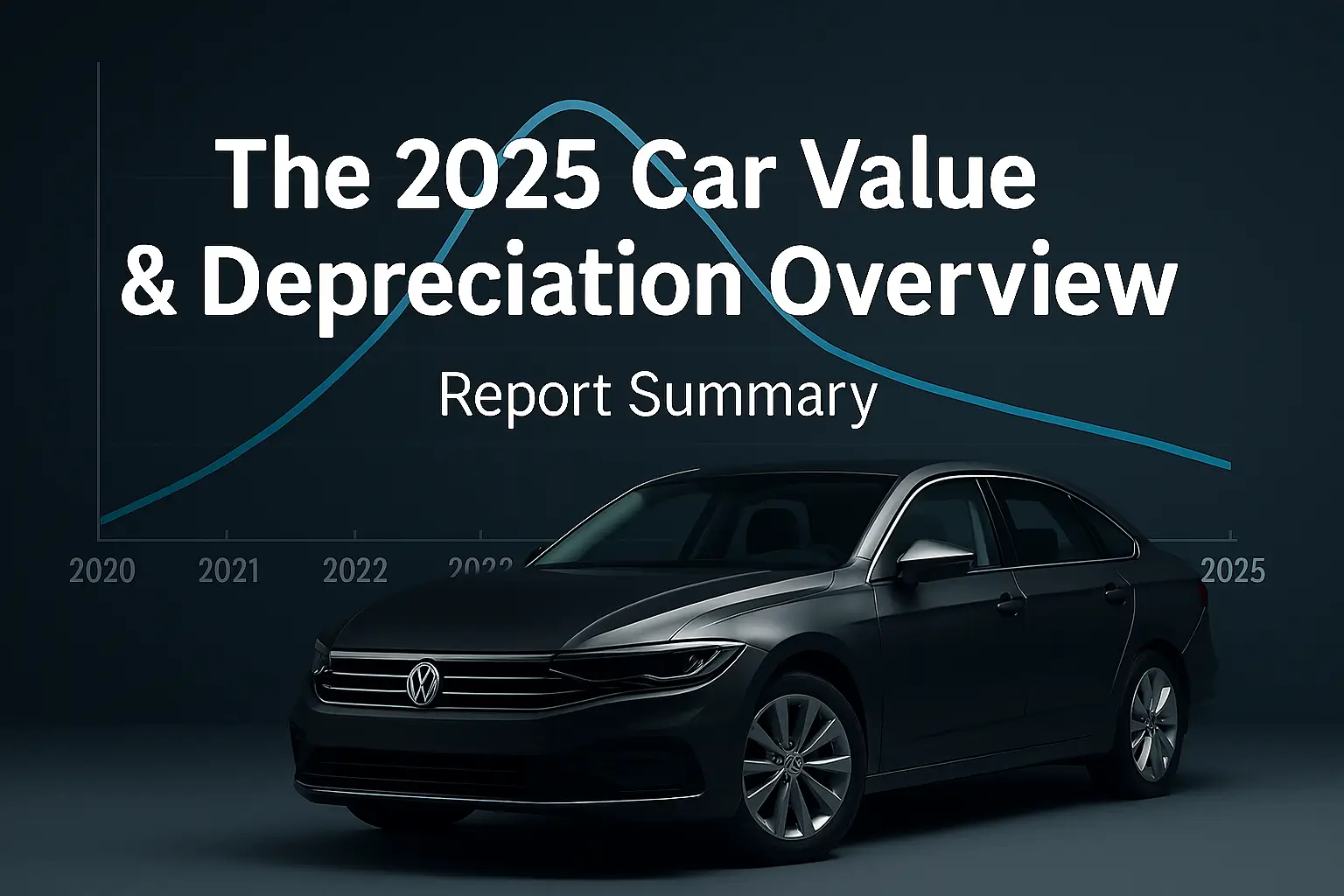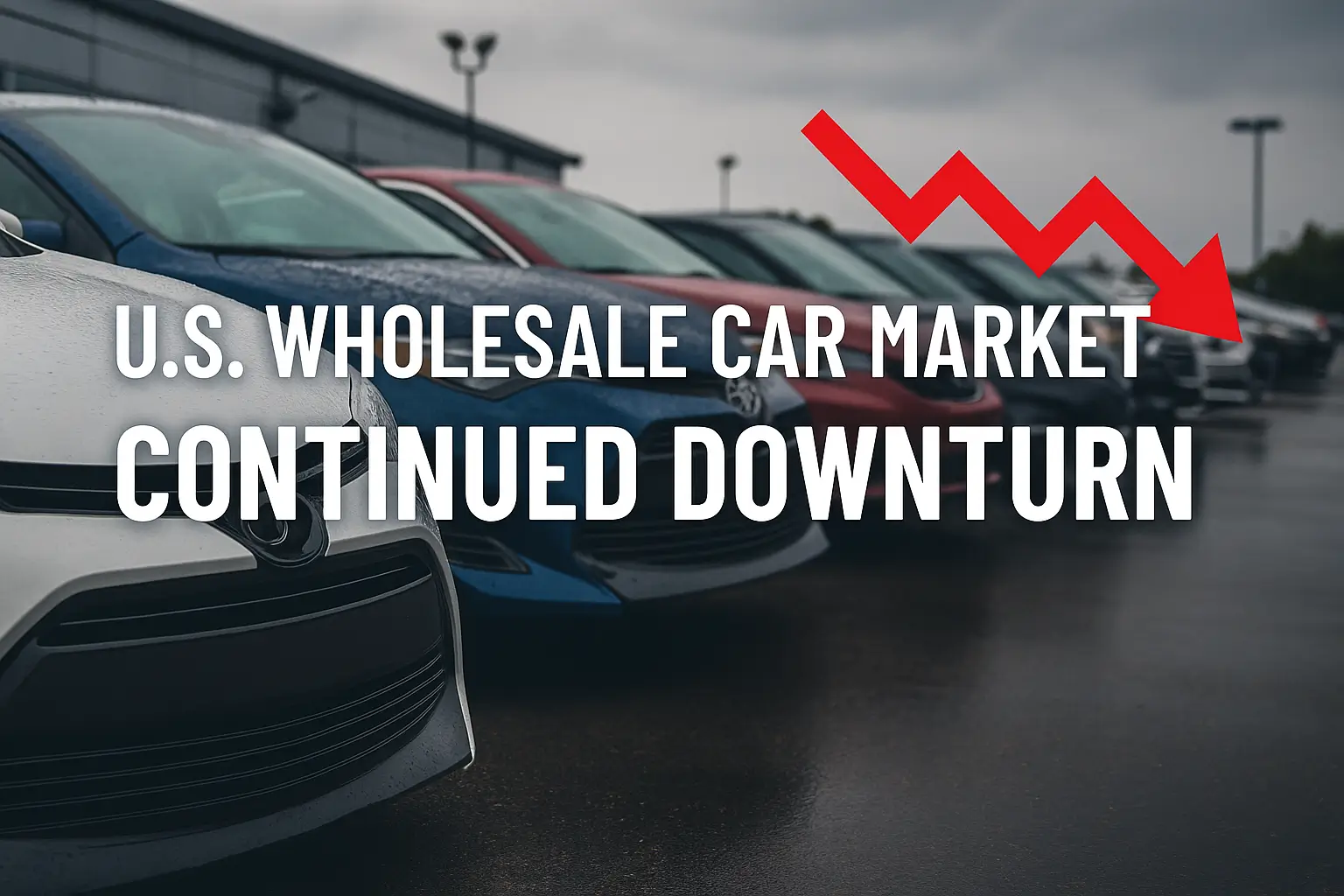Imagine a world where every car on the road is a beacon of environmental sustainability. As we usher in 2024, this vision nudges closer to reality. But it’s not without its challenges.
The past five years have seen legacy automakers, those giants of the automotive industry, boldly pledge to combat climate change.
Yet, amidst a rapidly evolving electric vehicle (EV) market, one question looms large: As EV sales face hurdles, will these automakers waver in their eco-commitments?

2024 Automotive Climate Pledges: Are Automakers Staying True? (PDF)
The Climate Change Conundrum in the Automotive Industry
The journey of legacy automakers in the United States toward fulfilling their climate pledges is akin to a marathon with shifting goalposts. Companies like Toyota, Volkswagen Group, Hyundai Motor Co., and General Motors have stepped up, setting ambitious deadlines to transition from internal combustion engines to electrified power. Toyota’s Lexus and Hyundai’s Genesis luxury brands, for instance, aim to offer only EVs in the U.S. by 2030. VW’s mass-market brand and Audi have a similar pledge for 2033.
However, Anand Gopal, the executive director of Energy Innovation Policy & Technology, points out a crucial gap. Despite detailed plans for reducing carbon emissions from operations and production processes, the actual emissions from sold products remain a significant concern. The challenge? Accelerating to a 70% zero-emission light-vehicle sales mix by 2030, as scientific analyses suggest, to limit global warming to the critical 1.5 degrees Celsius.
The Struggle with Consumer Demand and Pricing
As noted by Stephanie Brinley of S&P Global Mobility, consumer behavior remains unpredictable. While the industry has seen a rise in EV sales, reaching over 1 million in the U.S. in 2023, high prices continue to be a barrier. This reality leaves a lingering question: Can automakers sustain their momentum in the face of financial and market pressures?
Progress in Production and Operations
Automakers aren’t just focusing on their products. Significant strides are being made in reducing carbon emissions from production and nonproduction facilities. GM, for instance, aims to source 100% renewable energy for all its U.S. sites by 2025. This shift towards greener operations showcases a broader commitment to sustainability beyond just product offerings.
The Road Ahead: A Balance of Commitment and Adaptation
This evolving landscape brings a crucial aspect into the spotlight: the enigmatic consumer market. While 2023 marked a milestone with over a million EVs sold in the United States, the economic aspect casts a long shadow. High prices remain a formidable barrier, creating a rift between consumer interest and actual purchasing behavior.
The intriguing question that emerges is how consumer trends will adapt to this new era of eco-conscious vehicles, especially in a market sensitive to cost fluctuations.
As we embark on this journey into a greener future, the role of automakers becomes increasingly pivotal. Their commitments, albeit ambitious, are necessary stepping stones in our global fight against climate change. With each passing year, the industry inches closer to its eco-friendly goals, riding on the twin wheels of innovation and consumer acceptance.
As consumers, our choices too play a crucial role. Will our preferences and purchasing power align with the sustainable vision set forth by these automotive giants?



